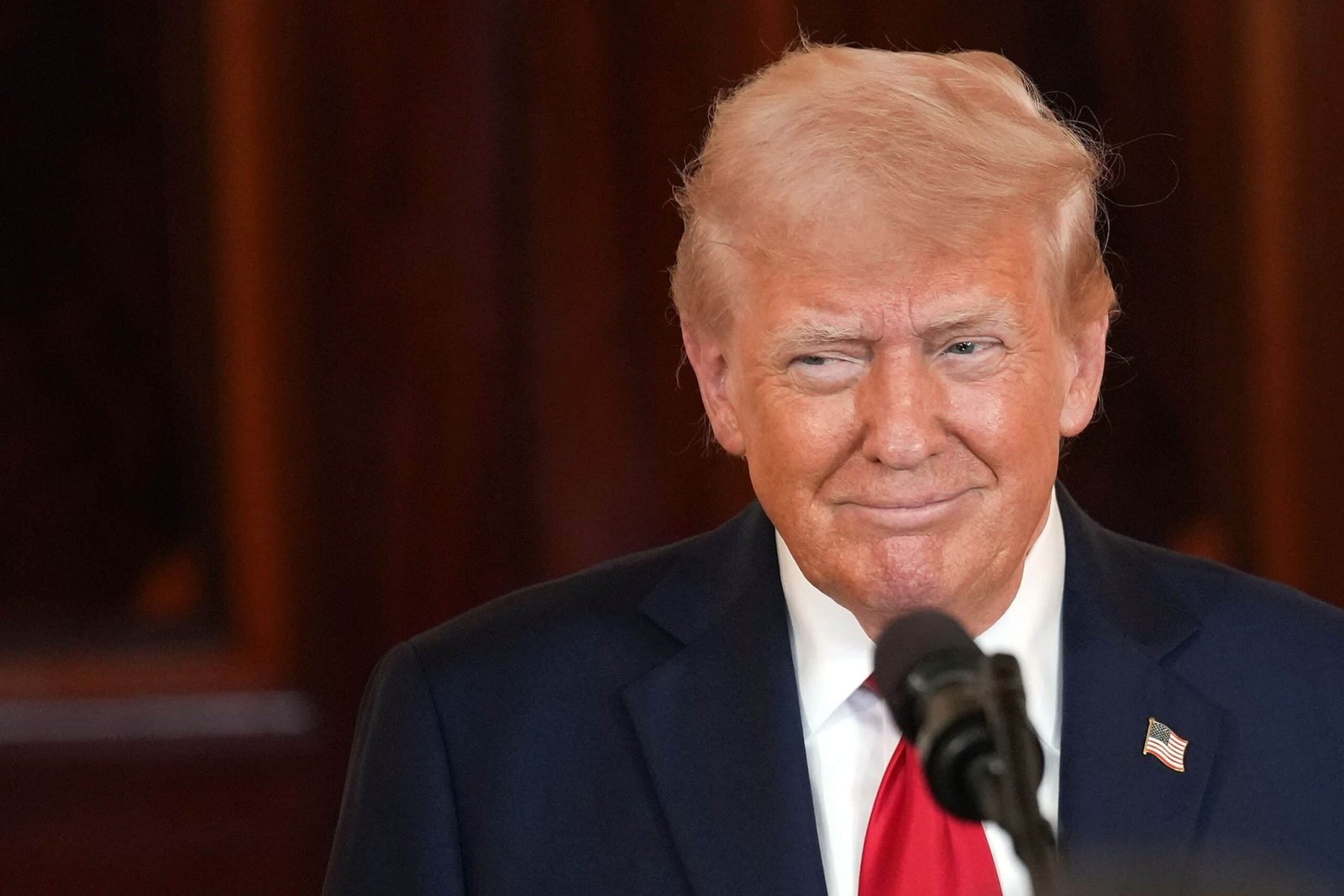Why some economists say the increase in deficits in the Trump Bill is dangerous

For decades, fiscal eagles have warned about the destroying consequences of swollen US debt.
But economists say this time is different: the debt is now very large that it piles up more above as part of the tax deduction and massive expenditure -the magnitude of President Donald Trump can make the country be on dangerous paths.
“It seems that the house was burned and we threw a few acceleration instead of fire extinguishers,” said Kent Spetters, professor of economics and public policy at the University of Pennsylvania Wharton. “Even without this bill, our fiscal house is burning … we are not too big to fail.”
Smetters warned that even without this bill, the US was already on what he called “the exploded debt path,” giving the government may be 20 years – at most – to make meaningful reforms before the consequences become severe.
“If not, the consequences are quite serious. The bond market can be very, very disciplined,” said Spetters.
At the current debate center is Trump’s large policy measure, which will add to the project of the Non -Partisan Congress Budget (CBO) project will add $ 3.4 trillion for a federal deficit for the next 10 years.

President Donald Trump arrived for a general meeting to start the fourth holiday weekend of July at Iowa State Fairgrounds on July 3, 2025, in Des Moines, Iowa.
Scott Olson/Getty Image
The White House has denied CBO forecasts. Trump argues on social media that stronger economic growth, coupled with tariff income, will compensate for the cost of the bill. “Our country will explode with massive growth … This bill makes us on the path for very large prosperity in the new and beautiful golden age of America,” Trump wrote.
But many economists do not agree.
The Trump Bill is one of the most expensive laws in generations, while also reduces the amount of tax revenue managed by the state over the next few decades.
Even without this bill, federal debt is at the record level – about the same size as the size of the entire US economy. It is estimated that about one of each four dollars paid in personal income tax is used for national debt interest.
Americans must care, economists told ABC News, because a larger federal deficit means higher interest rates. That means more expensive mortgage, car loans, and business investment crowds that will make workers more productive, according to Douglas Elmenndorf, professor at Harvard Kennedy School and former economists at the White House Economic Advisory Council.
Plus, more debt means less space to respond to the crisis, they said.
“This is like a family who knocked on his credit card and then has problems with their roofs. You want to have a little room to maneuver if bad things happen, and we run out of the room,” Elmendorf said.

Chairman of the House of Representatives Mike Johnson signed the expenditure and tax bill of US President Donald Trump, at Capitol Hill in Washington, July 3, 2025.
Umit Bektas/Reuters
The US navigating the 2008 financial crisis and Pandemi Covid-19 with massive federal government expenses. The debt never goes down, which means the government will have fewer choices in dealing with other crises.
The risk of increasing the level of debt feels intangible because the US is a gold standard, so the hope is that the world will continue to buy US debt. As the largest economy in the world and the publisher of global reserves, the US has long benefited from strong demand for its debt. But that is not guaranteed – the bond market shows the nervousness earlier this year. And his fear is that investors at a certain point will begin to doubt the power of the US economy and the ability of the US to pay off their debts.
Economist is worried that this can start a circle of disaster: debt makes interest rates higher, which then makes the debt larger, making it more difficult for the US to sell its debt, thus bending more debt (therefore a disaster circle).
“This bill will make interest rates higher and make the risk of falling into the loop doom higher than they should. But economists still don’t know when we will reach doom loops,” Elmendorf said.
If the scenario is revealed, the US can be forced into painful savings.
“If we are included in the disaster circle, then the US must make a dramatic reduction in the federal allowance program such as social security and Medicaid and raise taxes sharply. It will be very bad for people’s living standards. That is why it is important to take moderate actions before that happens,” Elmenndorf added.






